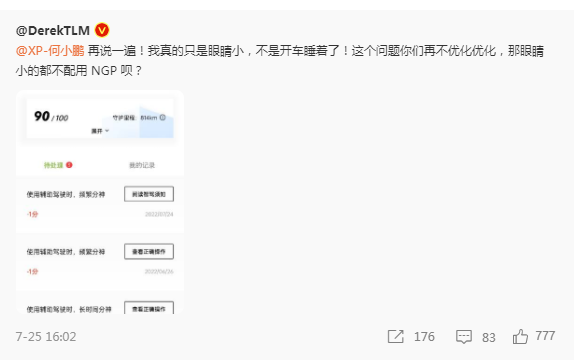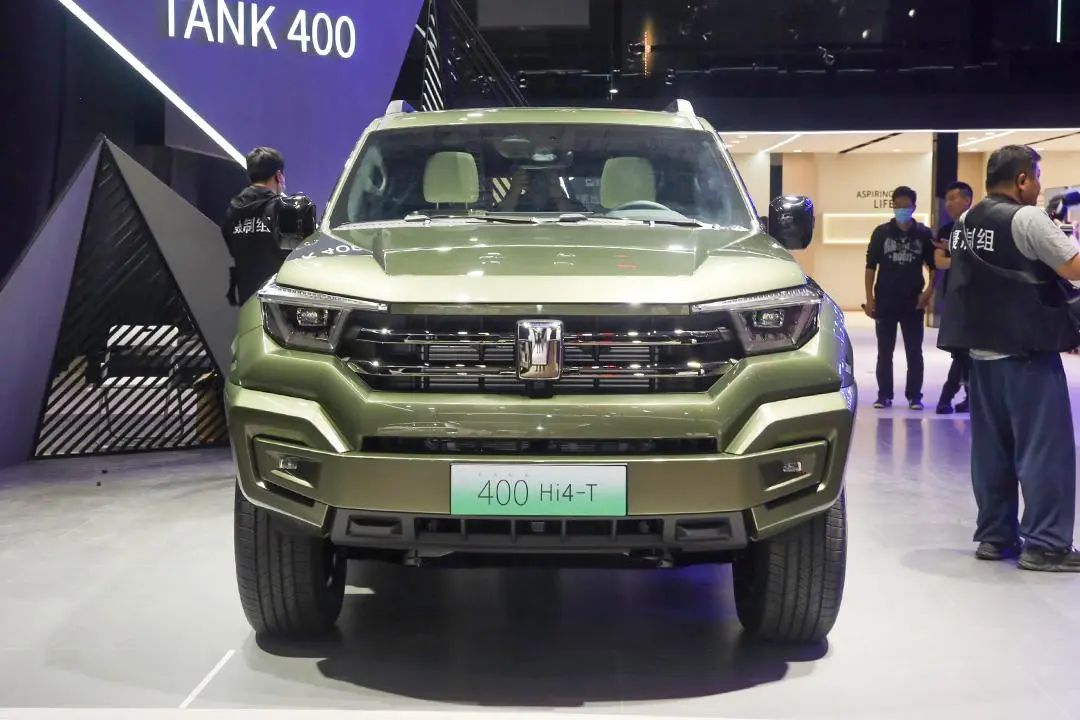In addition to Weibo, there is also WeChat
Please pay attention

WeChat public account
AutoBeta


2024-11-25 Update From: AutoBeta NAV: AutoBeta > News >
Share
AutoBeta(AutoBeta.net)11/29 Report--
Toyota, the Japanese carmaker, announced on its website that it had finalized the policy of selling its Denso stake, which will reduce its stake to about 20% from the current 24%, and is expected to receive nearly 300 billion yen.

The move comes a day after media reported that Toyota and two of its affiliates planned to sell about 10 per cent of its stake in car supplier Denso by the end of the year, reducing its stake in Denso, which could be worth about $4.7 billion (33.622 billion yuan), but the detailed price has not yet been determined.

It is understood that as of the end of September, Toyota holds about 24.2% of Denso, and it is expected that Toyota will remain the largest shareholder after the sale. Denso plans to buy back some of its own shares in the open market to offset the possible impact on the share price, according to sources. It said in a statement that it was considering share sales, share buybacks and other capital measures, but that no decision had been made.
Denso is an auto parts company of Toyota Group and the second largest auto parts manufacturer in the world. Denso was founded in 1949 as a spin-off and independent of Toyota's Denso factory, in which Toyota owns a stake. As an important supplier to Toyota, the sale means that Toyota will sell some cross-shareholdings and cash them out. Toyota is ramping up production of electric cars, but needs money for research and development and factory revamping, and this rare reduction is seen as raising a lot of money for the electrified transformation.
In fact, as early as July, Toyota said it planned to sell its 20 per cent stake in Japanese telecom operator KDDI, worth about 250 billion yen, to raise money for electrification transformations such as electric cars. It is understood that Toyota is the main shareholder of KDDI and invested in IDO, one of the predecessor of KDDI.
In addition, earlier this month, Toyota announced that it would invest an additional $8 billion in the Toyota battery plant in North Carolina to create about 3000 new jobs, a move aimed at increasing the production capacity of its hybrid vehicles. In addition to the two previously announced BEV/PHEV battery production lines, eight more BEV/PHEV battery production lines will be added. In addition, the plant will have four hybrid electric vehicle (HEV) battery production lines, which are scheduled to start production by 2030, with a total annual output of more than 30 gigawatt hours.
Toyota's second-quarter results for fiscal year 2024 (April 2023-March 2024) showed that Toyota's sales revenue during the reporting period was 11.43 trillion yen (about 556 billion yuan), an increase of 24 percent over the same period last year, exceeding market expectations. Operating profit was 1.44 trillion yen (about 70 billion yuan), up 156 percent from the same period last year. Net profit was 1.28 trillion yen (62.2 billion yuan), up 194% from a year earlier. In addition, operating margins doubled to 12.6 per cent from 6.1 per cent in the same period.
According to the data, Toyota's revenue, profit and sales all increased compared with the same period last year, but its sales of electric vehicles are stagnant. Take the Chinese market as an example, so far, Toyota has set up two pure electric models in the Chinese market, namely the bZ4X and the bZ3, but the two models do not have a high sense of presence in the electric vehicle market. FIFA retail data show that FAW-Toyota sold 7145 bZ4X vehicles from January to October 2023, while FAW-Toyota bZ3 sold 21555 vehicles, which lagged behind the monthly sales performance of Tesla Model Y and Model 3.
In the era of fuel vehicles, domestic independent car companies do not have the technical say, which is also the key reason why joint venture brands occupy absolute market share. In this context, Toyota is undoubtedly one of the big winners in both the global market and the Chinese market. However, with the gradual decline of the market share of fuel vehicles, Toyota, which relies on fuel vehicles to seize market share, has shown an obvious decline. To this end, Toyota also began to accelerate the layout of the new energy track. According to the plan, Toyota plans to triple its production of electric vehicles to its 2024 target by 2025, with a target of 190000 electric vehicles by 2024. It was previously reported that Toyota had informed major parts suppliers that it planned to increase production of Toyota and Lexus-branded electric vehicles to 600000 by 2025.
Welcome to subscribe to the WeChat public account "Automotive Industry Focus" to get the first-hand insider information on the automotive industry and talk about things in the automotive circle. Welcome to break the news! WeChat ID autoWechat
Views: 0
*The comments in the above article only represent the author's personal views and do not represent the views and positions of this website. If you have more insights, please feel free to contribute and share.











© 2024 AutoBeta.Net Tiger Media Company. All rights reserved.